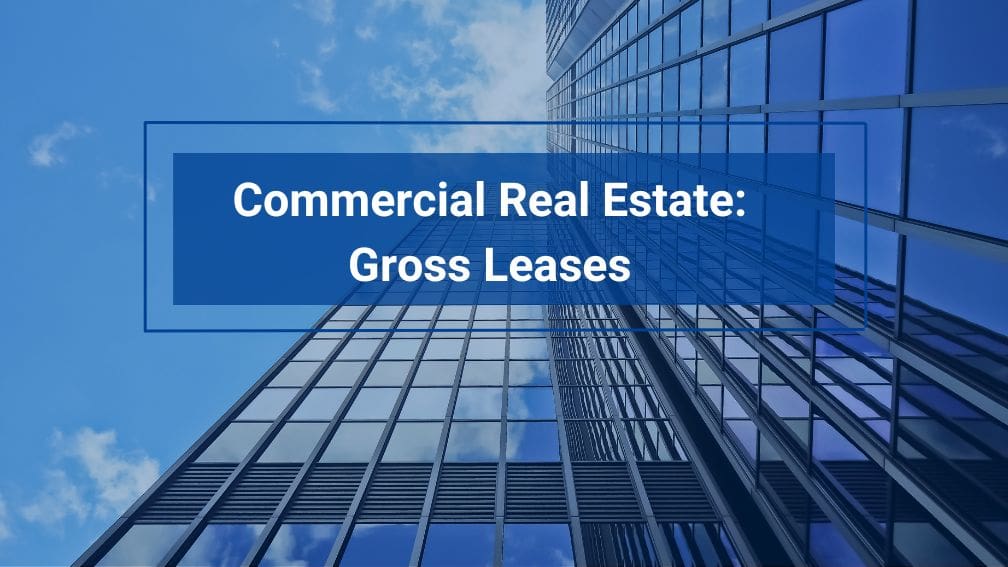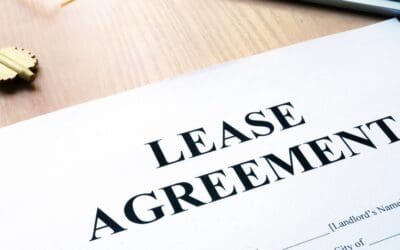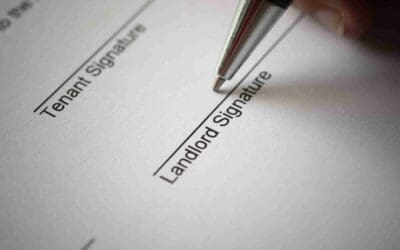A gross lease is a type of commercial lease where the landlord takes on most, if not all, of the operating expenses for the property. In a gross lease, the tenant pays a fixed rental amount, while the landlord covers property-related expenses such as property taxes, insurance, and maintenance. Gross leases are common in office and retail spaces, offering tenants predictable costs without the responsibility for property upkeep.
How Does a Gross Lease Work?
In a gross lease, the tenant’s rent payment covers the cost of occupying the space, and the landlord handles the majority of expenses associated with property ownership and management. This structure provides tenants with budget stability since they are not responsible for fluctuating costs, like maintenance or tax increases.
There are two main types of gross leases:
- Full-Service Gross Lease: In a full-service gross lease, the landlord covers all operating expenses, including utilities, janitorial services, and building maintenance. This type offers the most cost predictability for tenants.
- Modified Gross Lease: In a modified gross lease, tenants and landlords share certain costs. The lease may specify that the tenant is responsible for expenses like utilities or janitorial services, while the landlord covers property taxes, insurance, and other core expenses.
Key Benefits of Gross Leases for Tenants
- Predictable Costs: Gross leases simplify budgeting for tenants, providing a fixed rental cost without added expenses for property maintenance or fluctuating taxes.
- Reduced Management Responsibilities: Tenants can focus on their business operations without needing to manage property-related expenses or upkeep, as these responsibilities remain with the landlord.
- Simplified Lease Agreements: Gross leases often involve straightforward terms, making them easy for tenants to understand and manage.
Key Benefits of Gross Leases for Landlords
- Attractive to Tenants: Gross leases are appealing to tenants who prefer predictability and minimal operational responsibilities, especially in competitive markets where landlords seek to attract quality tenants.
- Control Over Property Maintenance: Since landlords handle the property expenses, they have full control over maintenance, repairs, and service quality, ensuring the property remains in good condition.
- Potential for Higher Rent: Landlords may charge a higher base rent in a gross lease to account for covering operating expenses, potentially leading to more stable income.
Gross Lease vs. Net Lease: Key Differences
Unlike a gross lease, a net lease requires tenants to pay for some or all property expenses, often including property taxes, insurance, and maintenance. This distinction can significantly impact budgeting and management responsibilities for both parties. In gross leases, landlords bear the risk of increasing operating costs, while tenants benefit from fixed rent; in net leases, tenants share or take on these costs, reducing financial risk for the landlord.
Important Considerations for Gross Leases
- Expense Increases: Over time, operating expenses such as utilities and property taxes may rise. Landlords may include an expense escalation clause in the lease, allowing for rent adjustments to cover cost increases while keeping the lease attractive to tenants.
- Lease Negotiations: In modified gross leases, it’s important for both parties to clearly outline which expenses are shared and which are landlord responsibilities to avoid misunderstandings.
- Market Comparisons: Gross leases can be particularly attractive in high-cost areas or for businesses with predictable budget needs. However, tenants should compare gross leases with net leases to evaluate which structure better fits their financial goals.
Conclusion
Gross leases offer tenants the advantage of predictable costs and reduced property management responsibilities while allowing landlords control over property expenses and maintenance. For tenants looking for stable costs and minimal upkeep duties, a gross lease can be an ideal option. By understanding the features and considerations of gross leases, both landlords and tenants can make more informed decisions suited to their needs.



